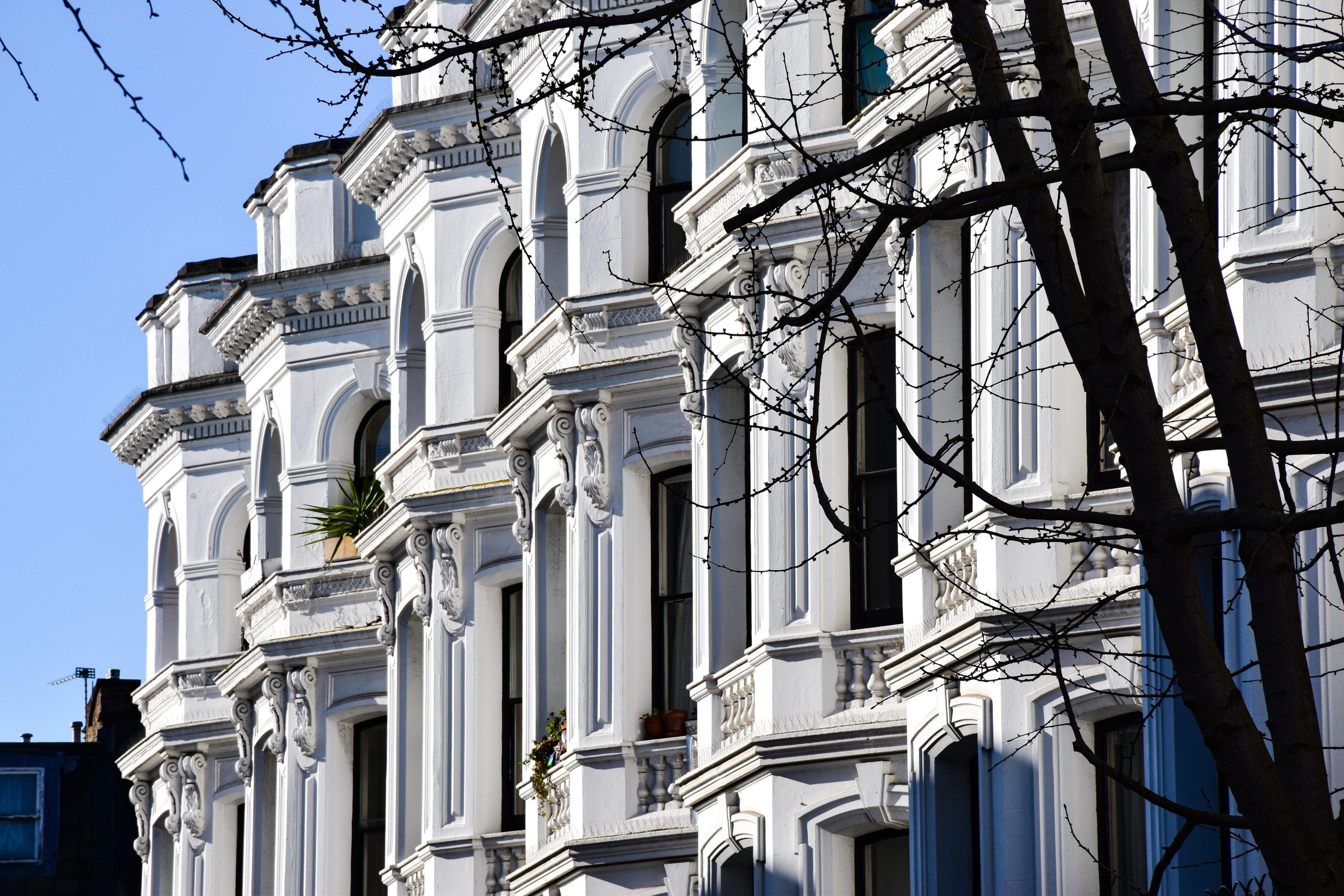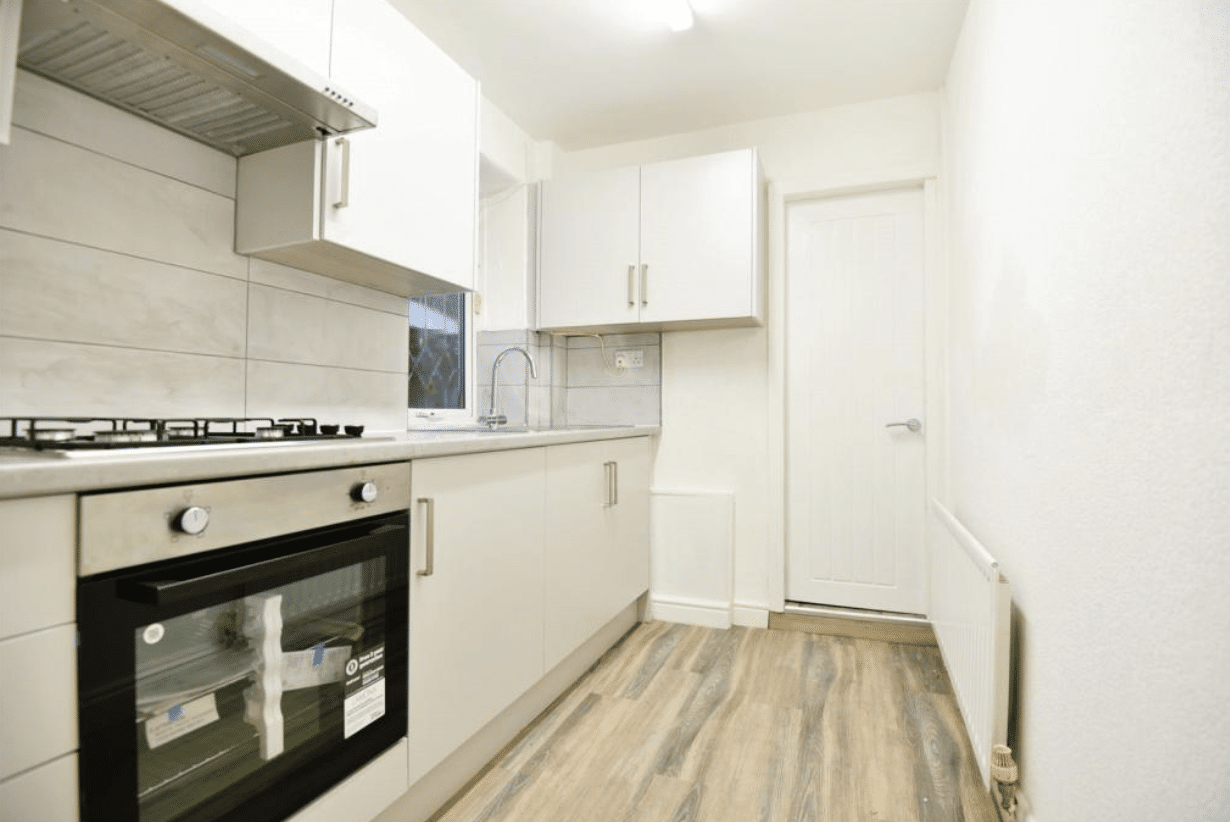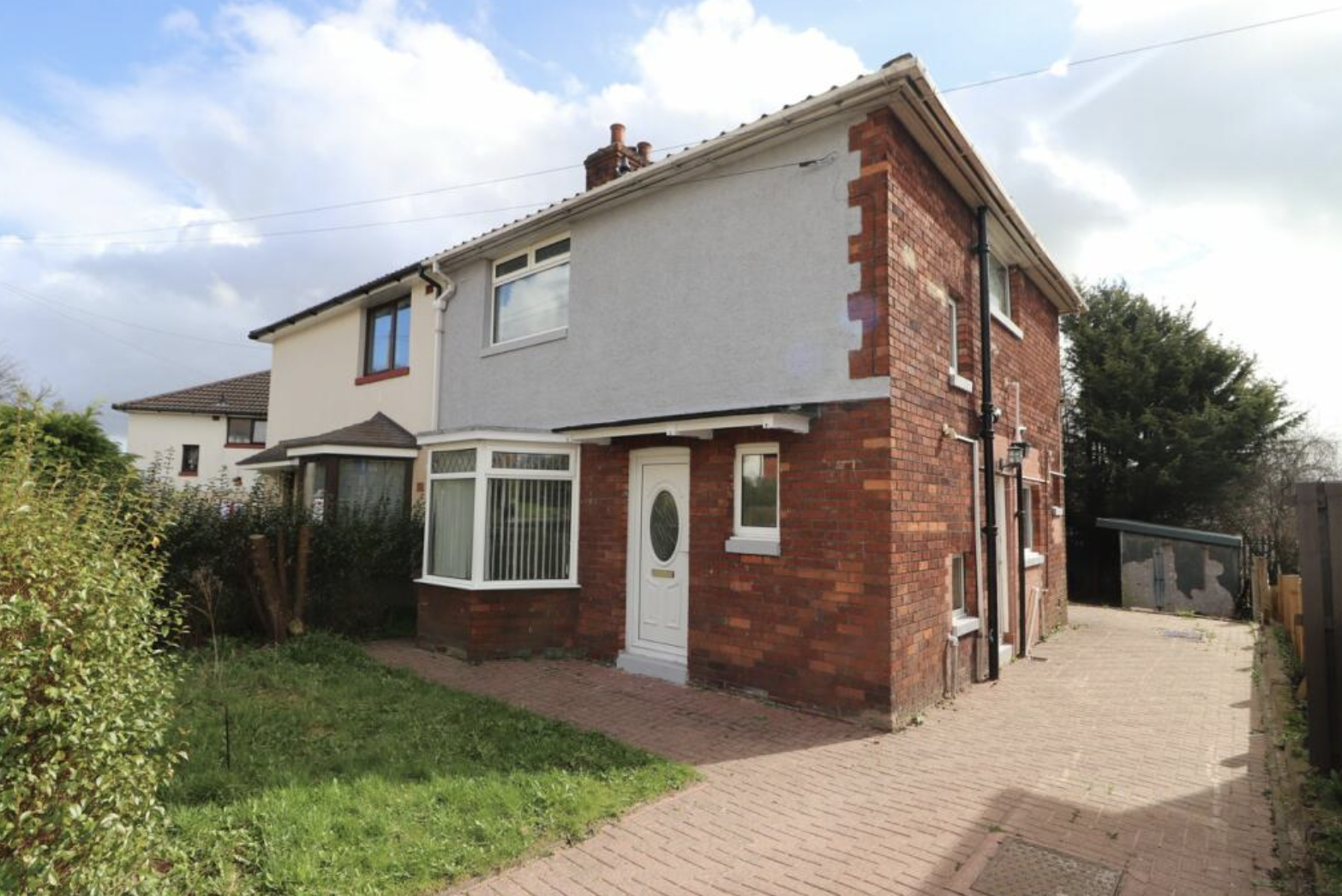When it comes to buying property, many Hong Kong people find it challenging. The reason is simple: Hong Kong is one of the regions with the highest property prices in all cities around the world, and many people work hard for most of their lives just to "get on the property ladder". This has led many Hong Kong people to have a relatively vague concept of property investment. Most of the time, they start from the perspective of a user, thinking that buying property for their own use and preserving its value is an investment, which is always better than paying rent to help others pay their mortgages.

But when looking at property from an investment perspective, many people would agree that the heyday of Hong Kong's property market has passed. The explosive growth of property prices in the past is no more, mainly because property prices have risen to an unaffordable level. For prices to rise further, there must be more buyers who can afford higher property prices to push the prices to a new level. However, the current net outflow of Hong Kong's population is close to a million people, many of whom are high-income professionals. The loss of this important group of people, who used to support the rise in property prices, coupled with the Hong Kong government's continued implementation of harsh taxes and increased housing supply, makes the future prospects of Hong Kong's property market worrying.
In addition, the rental return of Hong Kong properties is very low. A HK$10 million property can collect about HK$20,000 in rent, with a gross yield of about 2.4% p.a. Not to mention that the majority of properties in Hong Kong are residential and leasehold with a lease term of only 50 years (unlike most UK properties which are leasehold for 999 years or freehold in perpetuity). The ownership of the flats after 50 years is still unknown. After deducting rates and building management fees each year, the actual rental return will be even lower. So from a property investment perspective, buying a property in Hong Kong now lacks the fundamental factors that support the high growth of property prices in the past, and the extremely low rental return makes it unsuitable for investors who want to rely on the rental income of the property for retirement.
Some people might say, "I buy a property for my own use, and I am not afraid of a drop in property prices if it is for my own use." This statement has both reasonable and unreasonable aspects.
Indeed, the rise and fall in property prices are reflected on paper, and as long as you do not sell the property, you will not suffer an "actual loss". However, it's just like holding onto a stock that has dropped a lot and not selling it, refusing to stop loss. Using the excuse of no actual loss to deceive oneself often only leads to greater losses. When there is no hope of a rise, one often exits at the lowest price.
In reality, most people are not completely clear about their family's needs 2-3 years in the future. For example, they may need to move from a two-bedroom to a three-bedroom or even larger unit. In Hong Kong, it is very common for both parents to be working. Suppose a family has children, and it is more beneficial for the family's income to hire a helper for child care. In that case, the two-bedroom unit you initially purchased will no longer be suitable as your family grows from two to four people. There are only two solutions, one is to swap properties, and the other is to rent out your own two-bedroom property and rent a three-bedroom property. Currently, property prices in Hong Kong are falling. If you sell your property, you will record an actual loss. If you sell and then buy another three-bedroom property in Hong Kong, the price of the three-bedroom property should also have fallen, which to some extent should be able to offset the loss. But this only applies if you stay in Hong Kong. If you sell all your properties and plan to move to another country, your actual net assets have actually decreased, so you have indeed suffered an actual loss.
If you choose the second method, renting out your own unit and then renting a larger unit, the property becomes a rental property (even if you initially considered it for self-use). However, because the rental return in Hong Kong is very low, most properties can only receive a 2-3% rental return. The expenditure is completely disproportionate to the income, and there are better options elsewhere. After renting out a two-bedroom property in Hong Kong, you would need to pay extra each month to rent a three-bedroom unit, assuming the quality of the chosen area is similar:
Example:
2-Bedroom unit near Olympic Station:
Monthly rent: HK$24k
Purchase Price: $14,000,000
Rental return: 2.05%
3-bedroom unit near Ho Man Tin Station:
Monthly rent: HK$35k
$26,000,000
Rental return: 1.60%
Even if you use a large sum of money to buy a property in Hong Kong, in the end, you still need to rent someone else's property and pay extra money every month. Or you may suffer the loss of a drop in the actual net value of your assets.
I want to clarify here that buying a property for your own use is important, but don't think that living in it means you're not afraid of a drop in property prices. A property is an important asset, and for many people, it may even be their largest asset. Therefore, property investment should be taken seriously, because it affects your net asset value and even the speed at which you can achieve financial freedom.
Astute property investors have long been looking globally. After all, property isn't exclusive to Hong Kong; there's a rigid demand for housing everywhere. Among them, the UK, which is closely related to Hong Kong and is a maturely developed city, is undoubtedly the top choice for most Hong Kong people. The legal system for buying property in the UK is mature, providing better investment protection for overseas buyers, and there are no restrictions on overseas buyers purchasing local real estate. The UK is also a popular place for study immigration. The primary language is English, so major investors from all over the world can participate in this property market. The clear, orderly, transparent, and secured market operations are the primary considerations when investing in overseas properties.
Next, consider the price and return of properties in the UK.
The price and return of properties in the UK vary greatly. As the second-largest financial city globally, London's property prices can rival those in Hong Kong, so the rental return here is not too ideal. Purchasing a residential property (Flat) requires approximately £400,000 or more, and if it's in London Zone 1, it requires at least £600,000 to buy a one-bedroom unit. If you want to buy a house, the price starts from around £1 million. Although London property prices are higher, as the capital of the UK, the ability to preserve the value of property and long-term appreciation can be quite reassuring. You can collect a few thousand pounds in rent each month, with a rental return of approximately 2-3%.
Property prices outside of London are much more affordable, and the rental return is also more attractive.
Take Manchester, the second-largest city in the UK, as an example. In recent years, we have seen many developers selling residential units in the city center in Hong Kong. If you buy from the sales office, the price will be quite high. We usually see one to two-bedroom units priced between £300,000 to £400,000. The rental return can be up to £2,000 to £3,000 per month. However, be careful as most of these are off-plan properties, and the rental return is the estimated rent upon completion, so there might be a chance of being overpriced. Even if it's not an off-plan property, be aware of whether the rent is being deducted from the developer's already high selling price. After all, there are many options for this rent.
Buying a new property is similar to buying a new car; it depends on whether you require it to be brand new. If it must be brand new, you have to accept the possibility of a decrease in value. You should know that for this price, you can actually buy a quite decent second-hand property. The location may not necessarily be in the city center, but it would be very convenient to commute to the city center. If you are not thinking of living there yourself, from an investment return perspective, second-hand properties are much more cost-effective.
Different areas within the same city will have different property prices, just like the difference in property prices between Mid-Levels and Sham Shui Po in Hong Kong. The overall property prices in Manchester are relatively high because Manchester is one of the most popular property investment cities in the UK, and property prices have been significantly pushed up. Here, buying a property requires about £100,000 to £300,000 (as we specialize in UK investment properties, we only discuss second-hand properties here). You can buy a house with approximately two to four bedrooms. For your reference, the monthly rent is about £1,000 to £1,200, with a return of approximately 4-5%. You can see that both the property prices and rental returns are much higher compared to Hong Kong and London.
Although the rental return in Manchester is about 4-5%, a UK property worth HKD$2.5 million can generate a monthly rental income of about HKD$12,000. However, if you want to continue living in Hong Kong, HKD$12,000 is not enough. Suppose you have a budget of HKD$10 million, even if you buy four properties, the monthly income is only HKD$48,000... For a single individual, this might be enough, but if you want to replace a family's income with the rental income from the property, and cover various family expenses, this is far from sufficient.
In view of this, some overseas property investors choose to focus on properties in developing countries, such as Thailand, Vietnam, and Cambodia. However, the risk of investing in these countries is very high. The language barrier and insufficient policy protection for overseas buyers can lead to potential pitfalls if one only trusts the sales office brokers or developers.
In fact, to pursue higher rental returns, it's not necessary to venture into developing countries. In the UK, one can also obtain higher rental income by converting second-hand properties into HMOs. In Hong Kong, some subdivided flat investors divide tenement building units (with affordable prices and practical spaces) into separate rooms for rent to different tenants to obtain higher rental income. In the UK, this practice is known as a House of Multiple Occupation (HMO) and has been conducted for many years. With clear guidelines on regulatory and specification requirements, this practice is well-developed and provides protection for both tenants and landlords. Take Manchester HMO properties as an example. They cost on average £250,000 to £300,000, with a monthly rent of approximately £2,000 to £2,800. A £250,000 to £300,000 HMO can generate a monthly rent of approximately HKD$20,000 to HKD$30,000. With the same budget of HKD$10 million, you can buy 3-4 units, each yielding a monthly rent of HKD$25,000 * 4 = HKD$100,000. We can see that if the property is converted into an HMO, the rental return is double that of ordinary properties under the same investment principal.
The above discussion only focuses on HMOs in Manchester. Because Manchester has higher property prices, the rental return is relatively low. If you choose to operate HMOs in other areas with even lower property prices, the average rental return can reach over 9%, and you only need over one million Hong Kong dollars to get started. Many people in Hong Kong can afford it. The monthly rental income is even higher, making it easier to achieve financial freedom and replace your job with rental income.
By buying and renting out properties in the UK, you can get higher rental income at a lower cost. You can convert the rental income into Hong Kong dollars to rent a property in Hong Kong and cover your expenses in Hong Kong. When your UK rental income exceeds your Hong Kong rental expenses, you can choose where to live based on your preferences.



